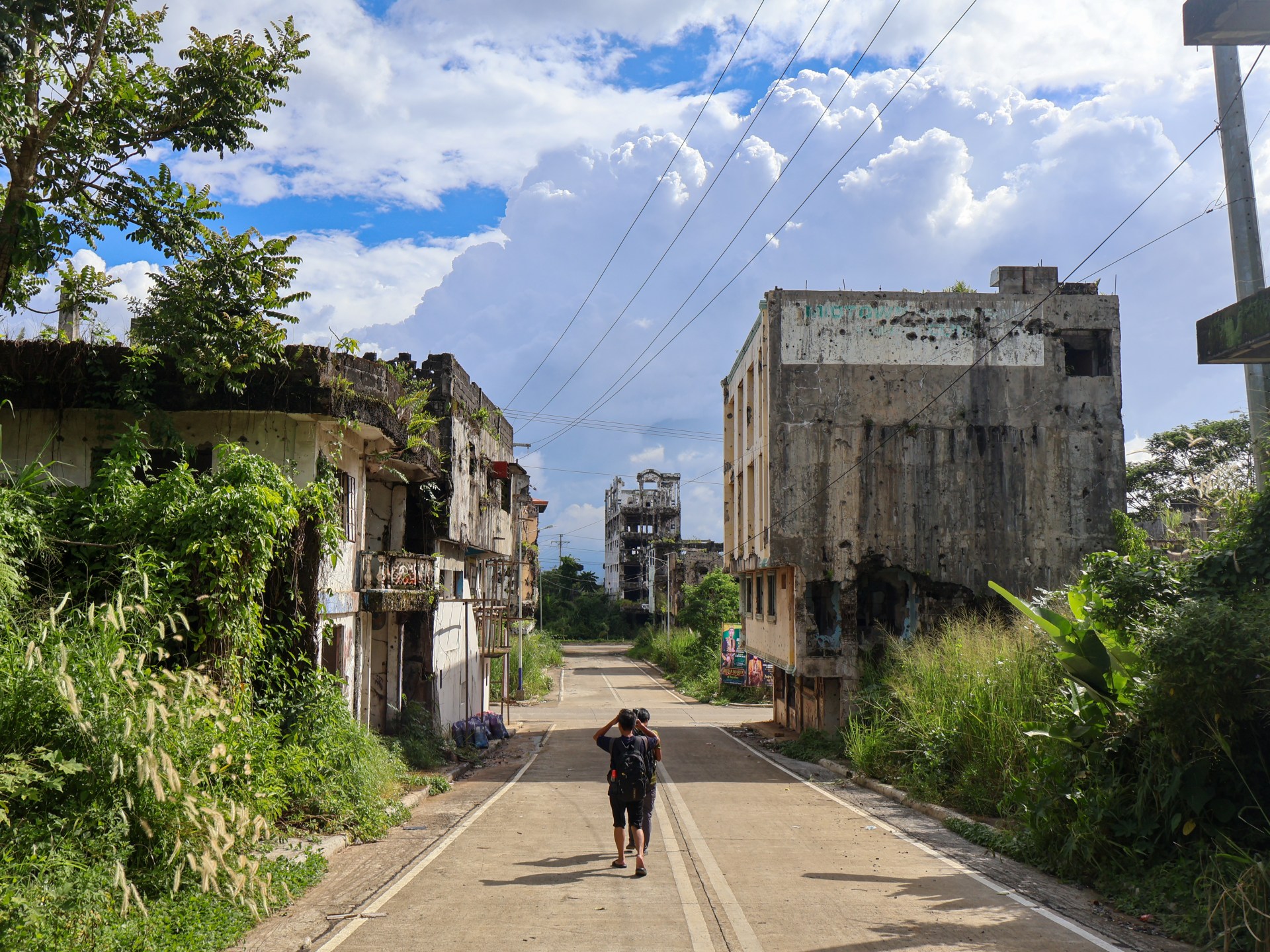Marawi’s Rebuilding Process: Promises and Challenges
5-Minute Read
Introduction
Marawi, a once-bustling city in the southern Philippines, was devastated by a five-month battle with hardline fighters in 2017. Hundreds were killed, and the city was left in ruins. Years later, residents are finally beginning to receive compensation, but the road to rebuilding remains long and uncertain.
Compensation and Trust
The Marawi Compensation Board, established in 2022, is handling claims of wrongful death and damaged property. Chairperson Maisara Dandamun-Latiph emphasizes fairness and transparency in the process, aiming to rebuild trust between the government and residents who have endured years of suffering.
Progress and Challenges
The board has processed thousands of claims, with payouts totaling millions of dollars. However, the compensation alone cannot solve the myriad challenges facing Marawi. The former commercial center remains vacant, and residents lack economic opportunities, hindering their return.
Infrastructure Projects vs. Housing
Former President Rodrigo Duterte’s administration allocated funds for public infrastructure projects, such as a lakeside stadium and convention center, while neglecting housing and job creation. Critics argue that these projects have not benefited the majority of residents, who desperately need shelter and livelihoods.
Unresolved Threats
Despite the compensation process, Marawi remains vulnerable. A recent bombing attack at a Catholic mass serves as a grim reminder of the ongoing threats in the region. Residents question the government’s response to the 2017 siege, wondering if it could have been avoided or handled differently.
A Future for Marawi
Professor Acram Latiph expresses skepticism about Marawi’s future, calling it a “dead city.” He believes the government’s priorities were misplaced, sacrificing the city to end the siege without addressing the root causes of conflict.
Conclusion
The rebuilding of Marawi is a complex and ongoing process, marked by both progress and setbacks. While compensation provides a measure of relief, it cannot erase the trauma and loss endured by residents. The city’s future remains uncertain, as it grapples with economic challenges, security threats, and a fragile trust in the authorities. Only time will tell if Marawi can truly recover from the devastation it has endured.



